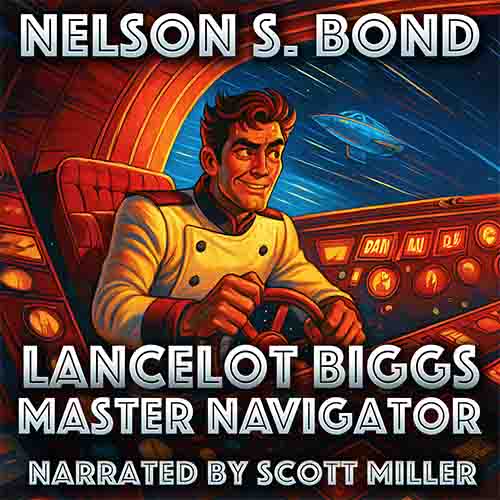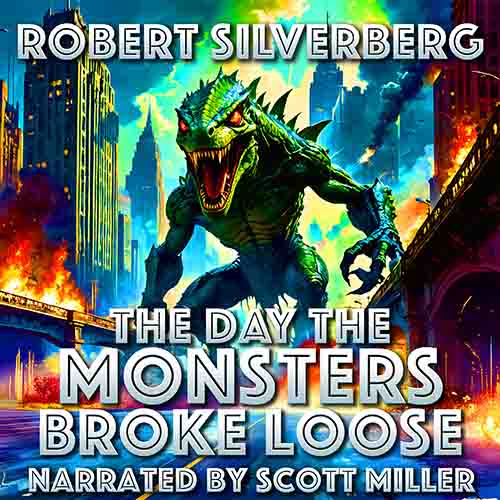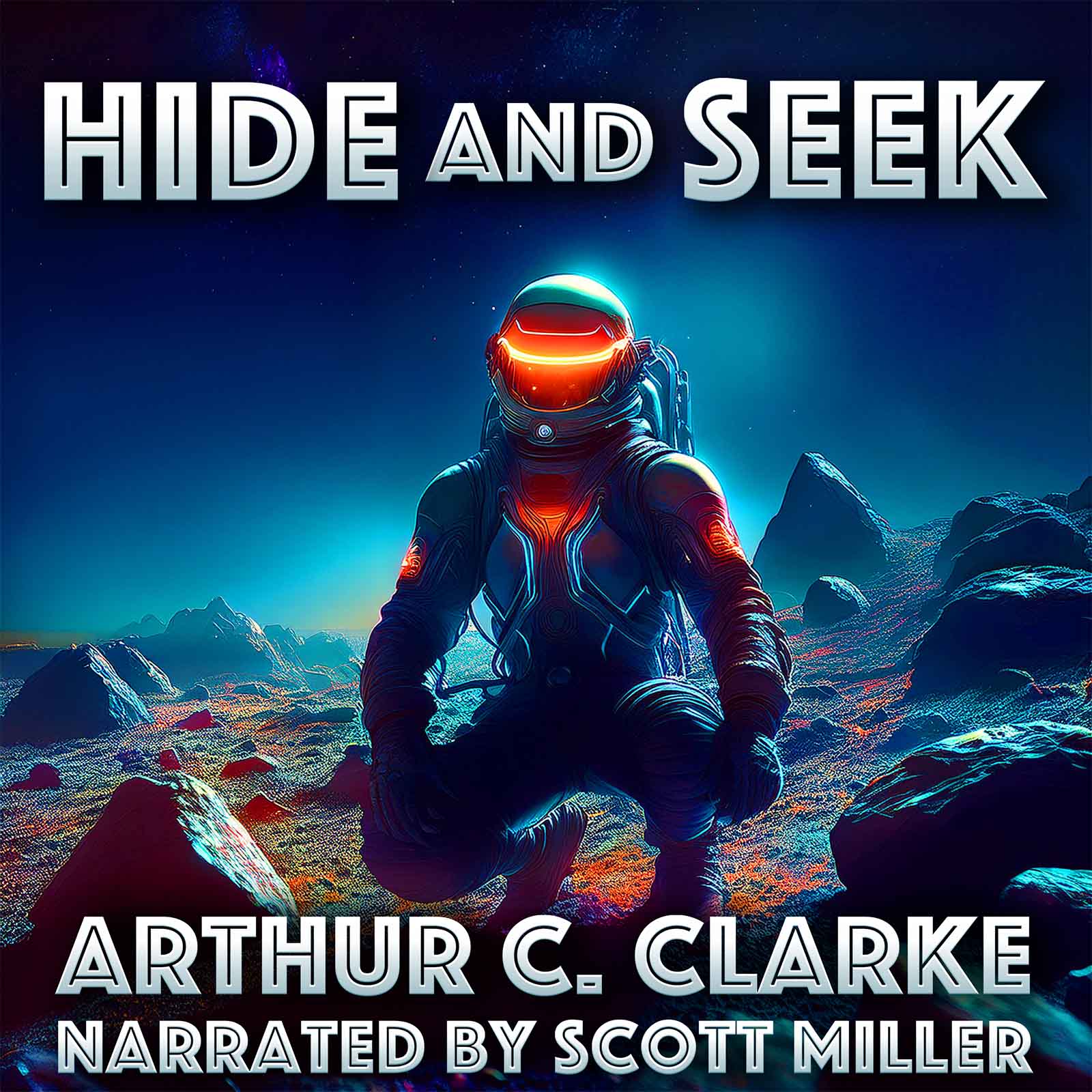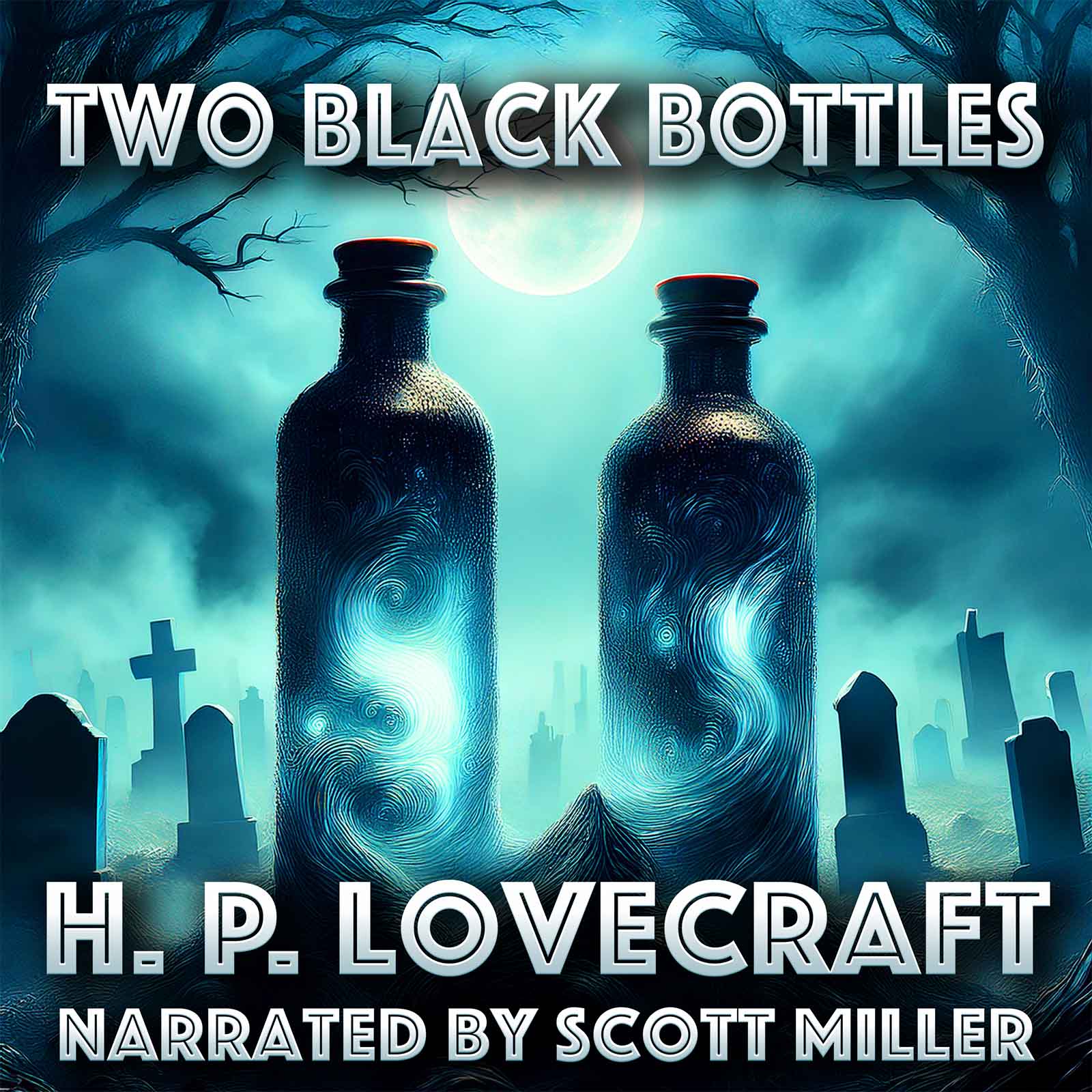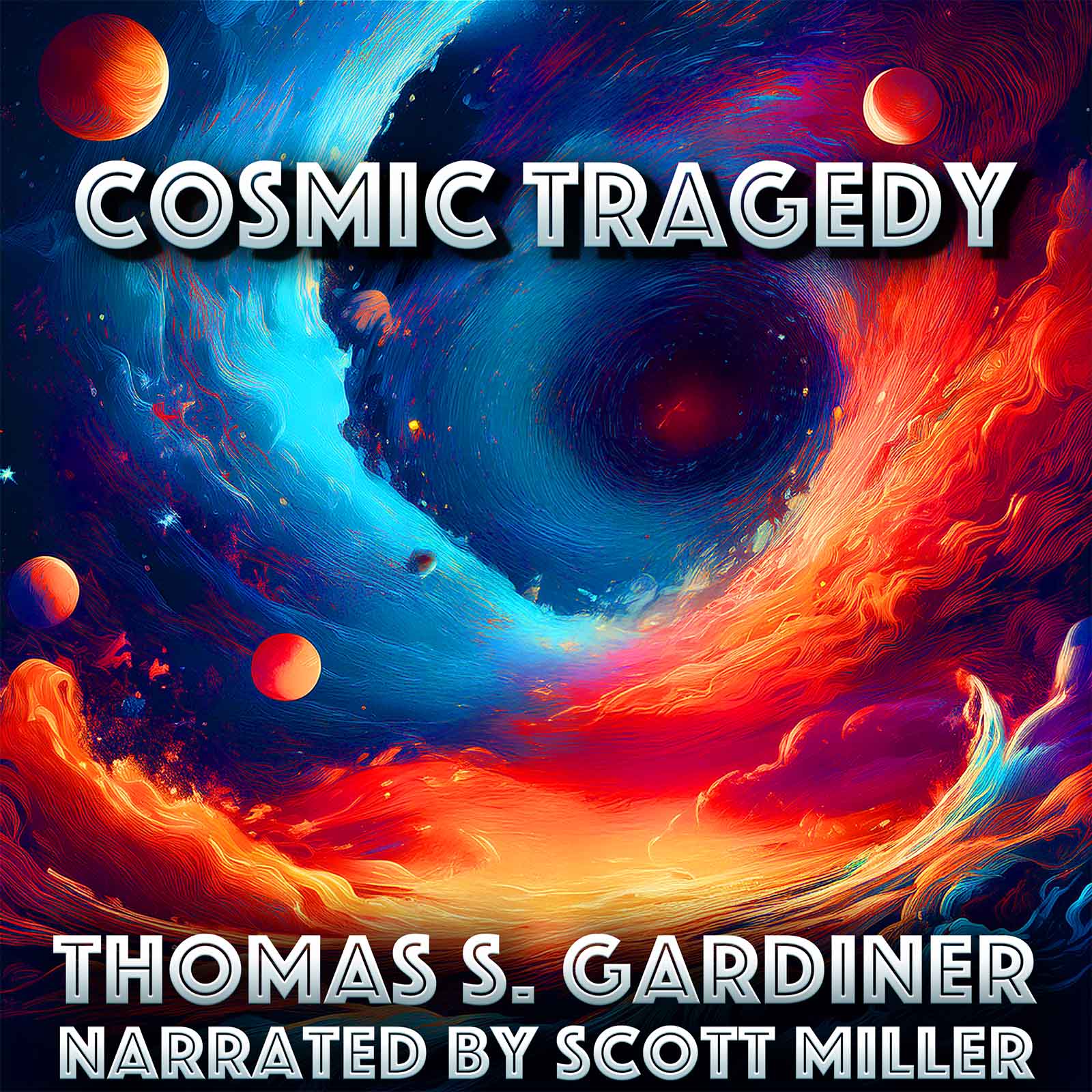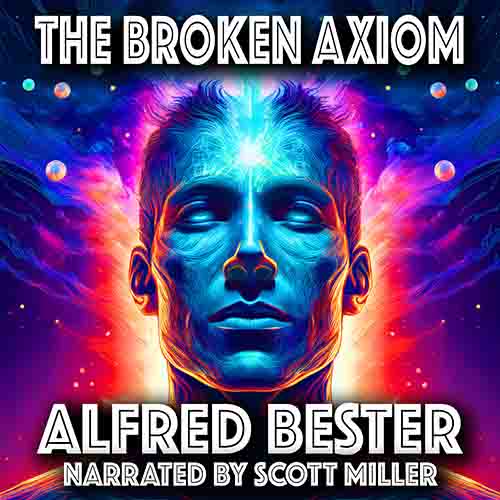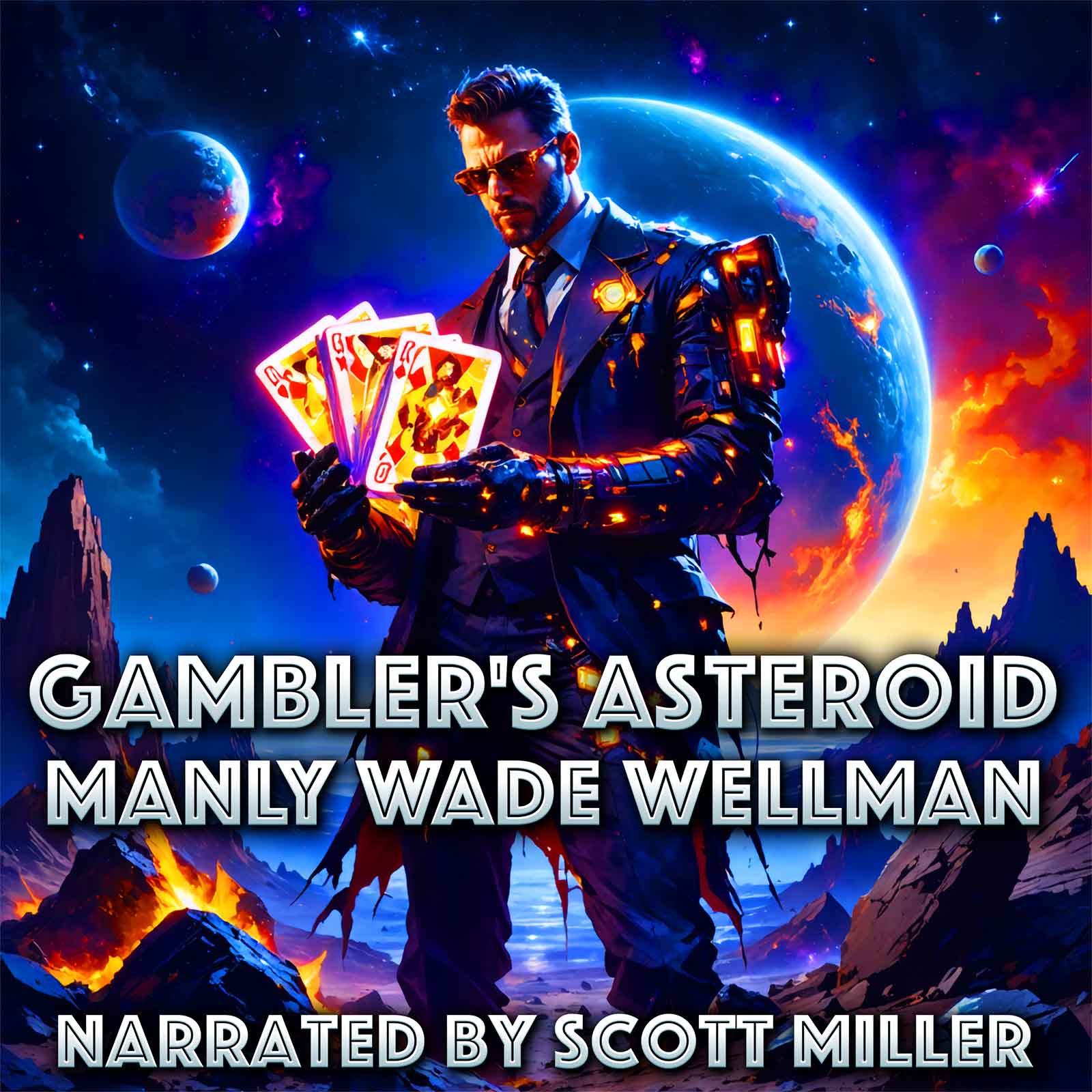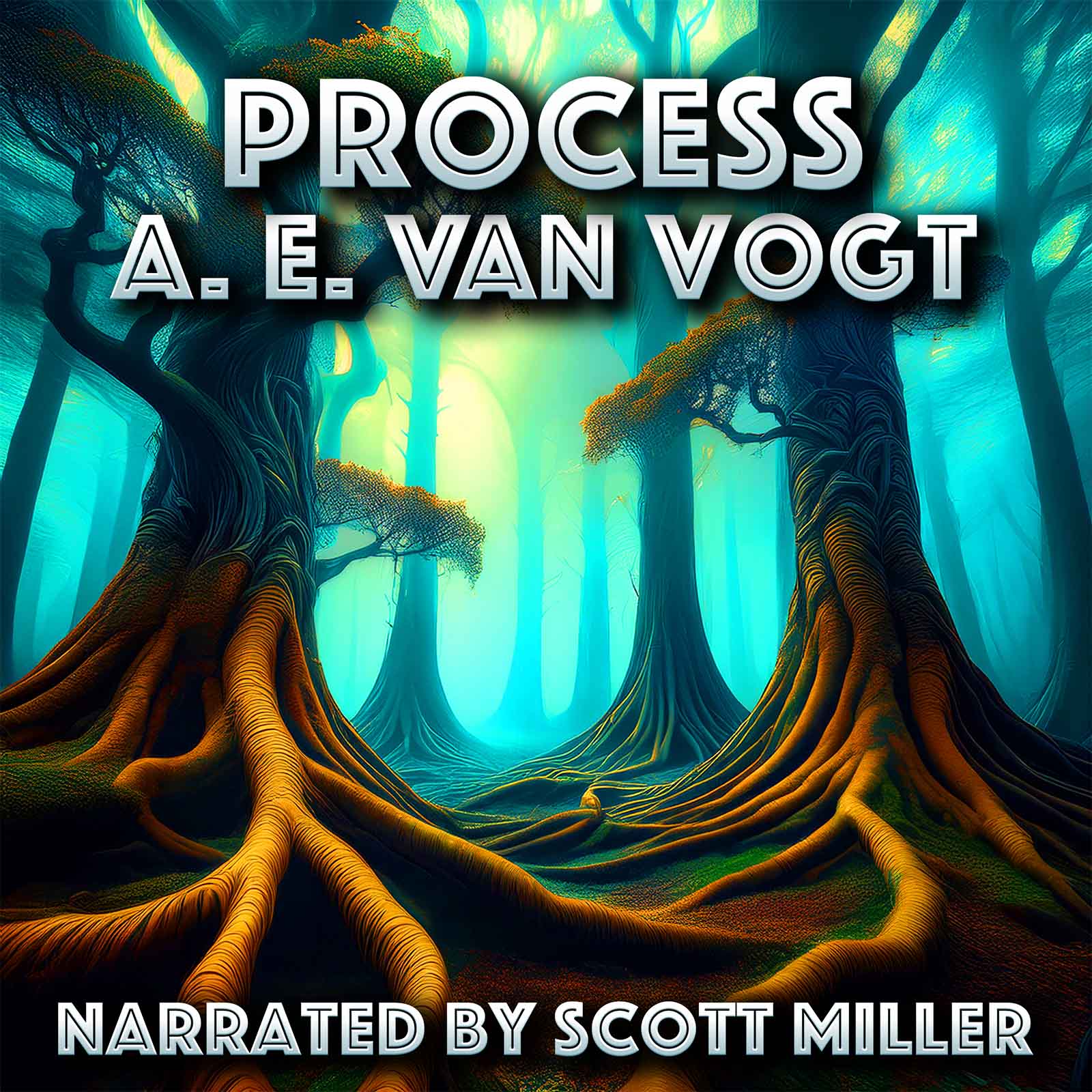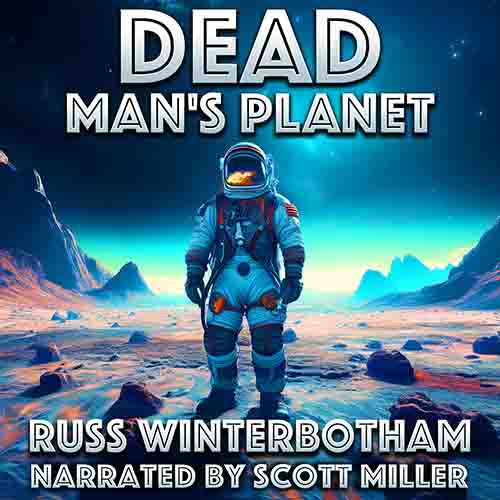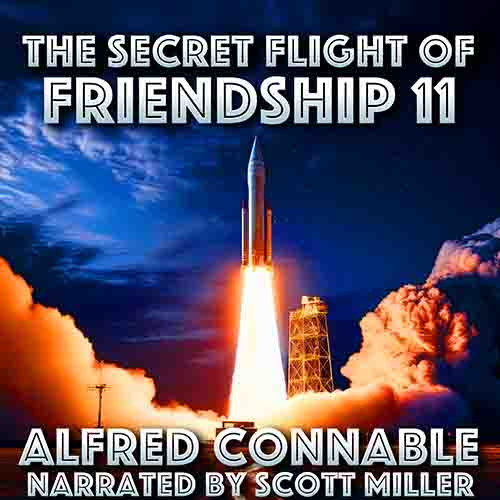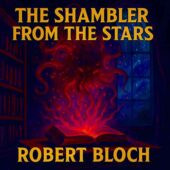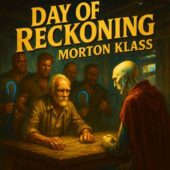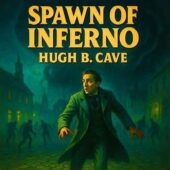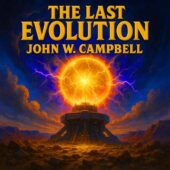Edward Page Mitchell
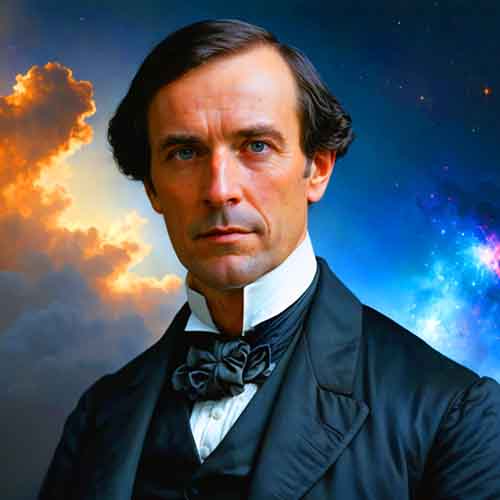
Biography
Edward Page Mitchell – The Forgotten Father of Modern Science Fiction
Edward Page Mitchell (1852–1927) is one of the most astonishing “lost” figures in the history of speculative fiction—a writer who anticipated some of the genre’s most defining ideas decades before H. G. Wells, Jules Verne, and other authors traditionally credited with pioneering the field. A quiet newspaperman by trade and a visionary storyteller by instinct, Mitchell wrote tales that introduced concepts such as invisibility, faster-than-light travel, time machines, disembodied consciousness, computers, androids, cryonics, and even teleportation—long before these ideas became fixtures of science fiction.
Yet for nearly a century, Mitchell’s name was almost entirely erased from literary history.
Mitchell began his career at The Sun, one of New York’s most influential daily newspapers, where he would eventually rise to editor-in-chief. His stories were published anonymously or under initials, tucked between articles on politics, society, and culture. Because they were never collected in books during his lifetime—and because newspapers were treated as disposable—the fiction disappeared into obscurity.
The rediscovery of Mitchell’s work didn’t begin until the 1970s, when pulp historian Sam Moskowitz tracked down his forgotten stories and proclaimed him a missing pillar of science fiction. What he found stunned the genre community: an author exploring ideas long before anyone else.
The earliest and most famous example is “The Tachypomp” (1874), a brilliantly playful speculative story about a machine capable of achieving infinite speed. Mixing mathematics, humor, and theoretical physics, the story predates not only the idea of faster-than-light travel but also the kinds of philosophical speed paradoxes later explored by Einstein, Zeno, and hard-science fiction writers. It may be the first fictional attempt to treat motion, measurement, and velocity as subjects for scientific speculation rather than fantasy.
Seven years later came “The Crystal Man” (1881), one of the earliest invisibility stories ever written—predating H. G. Wells’s The Invisible Man by sixteen years. Mitchell treats invisibility not as magic but as a scientific condition, exploring its physical, moral, and social consequences. Once again, he quietly invented a genre trope before the genre officially existed.
Perhaps his most startling work is “The Man Without a Body” (1877), a tale of teleportation gone wrong in which a scientist successfully transmits a living human brain over telegraph wires, only to discover that the body does not make the journey. The story anticipates not only The Fly but also 20th-century debates about identity, consciousness, and digital duplication. It is one of the earliest known examples of “teleportation fiction” in English literature.
But these stories are only a fraction of Mitchell’s output. He also wrote about artificial intelligence (“The Ablest Man in the World”), time travel (“The Clock That Went Backward”), suspended animation (“The Senator’s Daughter”), cyborgs, evolutionary divergence, and even proto-robots—decades before such ideas were named, theorized, or popularized. Had Mitchell’s fiction been preserved and reprinted in the 19th century, he might today stand beside Shelley, Verne, and Wells as a founding architect of the genre.
Instead, Mitchell spent most of his public life known only as a brilliant, influential journalist. When he retired from The Sun in 1920, he was celebrated as a sharp editor, a literary wit, and a shaper of American newspaper style—but not as a visionary science fiction writer. When he died in 1927, no obituary mentioned his groundbreaking stories. The world had forgotten that he ever wrote fiction at all.
The slow revival of Mitchell’s legacy has forced historians to reexamine the established timeline of science fiction. Nearly every “first” we associate with later giants—time travel, invisibility, artificial intelligence, faster-than-light speculation, even downloading the mind into a machine—appeared in his newspaper stories long before the genre was named.
Mitchell never sought fame for these ideas. He did not publish them in books, lecture about them, or declare himself a novelist. He wrote with curiosity and amusement, exploring the possibilities of science and imagination as if doing so were simply part of his intellectual life. That humility played a role in his disappearance—but it also makes his rediscovery all the more astonishing.
Today, Edward Page Mitchell stands as the great what-if of science fiction: What if the genre had been born in newspapers instead of novels? What if the future had been imagined earlier, but quietly, and then forgotten? What if one of the true founders of modern science fiction lived and died without ever realizing he had shaped a literary future no one else yet saw?
For modern readers and listeners, his stories offer a rare gift: the chance to watch the birth of science fiction before the world knew what to call it.


